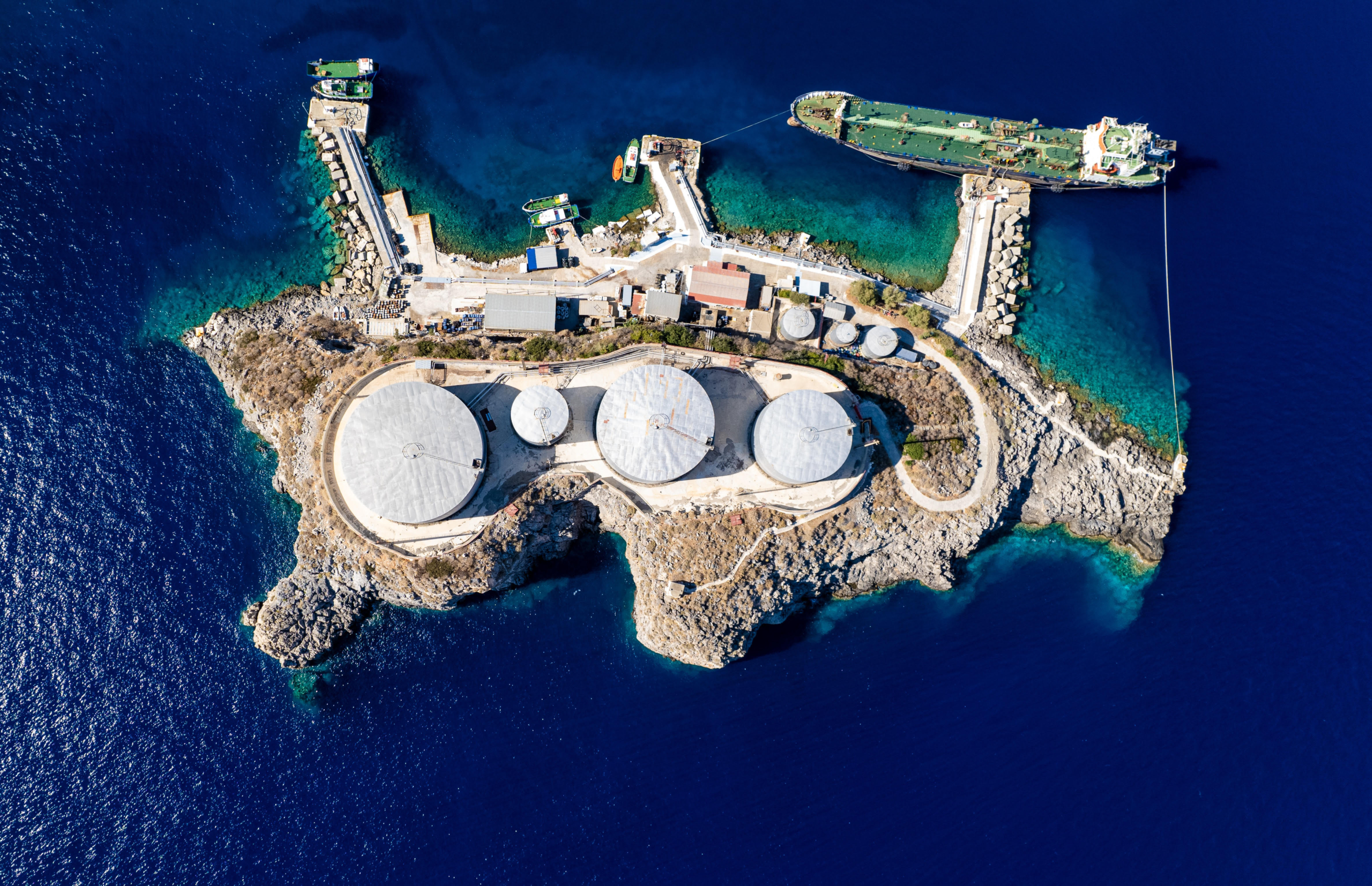
Meet MTCC Africa
MTCC stands for Maritime Technology Cooperation Centre. We are one of five centers around the world that have been set up by the International Maritime Organization under the Department of Partnerships and Projects. The 5 MTCCS are under the Global MTCC Network (GMN) with the mandate to build capacity for climate change mitigation in the shipping and maritime industry. The centers are in Africa, the Caribbean, Latin America, the Pacific, and Asia.
The catalyst for setting up the MTCCs in developing countries was the Marpol Annex VI, taking note that developing countries play a significant role in international shipping and there is the need to upscale energy efficiency in ships and ports through demonstration pilot projects and capacity-building initiatives for a low-carbon future.
MTCC Africa was set up in 2017 and aims to support 42 countries from the continent of Africa that are IMO member states. We have a focal point committee of technical government officers who attend IMO meetings and who are also aware of the key priorities with regard to maritime and shipping decarbonization. We also have to lead focal points assigned by respective governments who champion shipping decarbonization by spreading the word about MTCC Africa’s capacity-building mandate.
Key focus areas of the MTCC Africa
Initially, MTCC Africa’s key focus was to raise awareness for the ratification and domestication of MARPOL Annex VI and how this translates to the realization of the Paris Agreement with regard to shipping decarbonization. The center held technical capacity-building exercises that helped explain the IMO’s GHG strategy and completed 3 pilot projects successfully. MTCC- Africa has begun practical implementations of the pilot projects recommendation which are aligned with energy efficiency, reduced fuel consumption, and green port policies under the Global MTCC Network.
One key area of focus for MTCC Africa is ensuring that we are aligned with the United Nations Sustainable Development Goals (UNSDGs) especially UNSDG number 5, on Gender Equality, At MTCC Africa, we support this by ensuring that all our capacity-building activities have mandatory women representation at a 50% 50% ratio in comparison with male attendance. This aligns well with our core capacity-building mandate.
Given that the IMO, Department of Partnerships and Projects is also keen on capacity building under the MTCC Africa umbrella, there are additional projects that we handle to support this. For example the IMO CARES project. IMO CARES stands for Co-ordinated Actions for the Reduction of Emissions in developing regions. The project’s primary objective is to accelerate the demonstration of green technologies and their deployment globally, in a manner that facilitates blue economic growth in developing regions. This will allow stakeholders from both the global north and south, and from across different sectors, to collaborate under a single framework leading to demonstration and technology uptake in developing countries.
Another important project is the Test Biofouling Project(Accelerating Transfer of Environmentally Sound Technologies through demonstration pilots), this relates to Biofouling which results in the establishment of invasive aquatic species on vessel hulls, which may pose threats to human, animal, and plant life. Under the Test Biofouling Project, MTCC Africa is working with Lead Partnering Countries (LPC) namely Mauritius, Madagascar, and Sri Lanka in national demonstration pilot projects. The added benefit of cleaning hulls to remove invasive species is that it causes less drag as the vessel moves through the water and so less fuel is required to propel it, helping to reduce carbon emissions. Partnering Countries that benefit from capacity building include Comoros, Somalia, and Nigeria.
Again under this project, MTCC Africa is keen to bring women to the fore and so we have developed ‘he for she’ champions. In other words, we identify a male in the industry who supports women and makes it more inclusive for women to work in the biofouling shipping and maritime sector including all the practical and technical work on the ground and in the implementation of specific IMO Biofouling Guidelines of 2011. In that way, women can forge a good career in the maritime industry.
Sustainable mindset for the future
Finally, I would like to mention that developing regions (Africa included) have also benefitted through the IMO Department of Partnerships and Projects GHG Smart programme on decarbonization which focuses on the least developed countries whose champions have been undergoing virtual training sessions from IMO technical experts and specialists from the Government of Korea, helping them with technical capacity building on how they can upskill their ports. Around 20 delegates recently spent a week in the Port of Busan in Korea for onsite training and they will take this knowledge back to their individual countries for greater shipping decarbonization development.
MTCC Africa is keen to uphold the capacity-building mandate throughout the international shipping (i.e. global north-south cooperation) community bringing the positive message that through knowledge sharing, collaboration, and training, we can help to reduce our dependence on fossil fuels and use smart technology to improve efficiencies, reduce emissions and build a more sustainable future for our industry and the planet.

